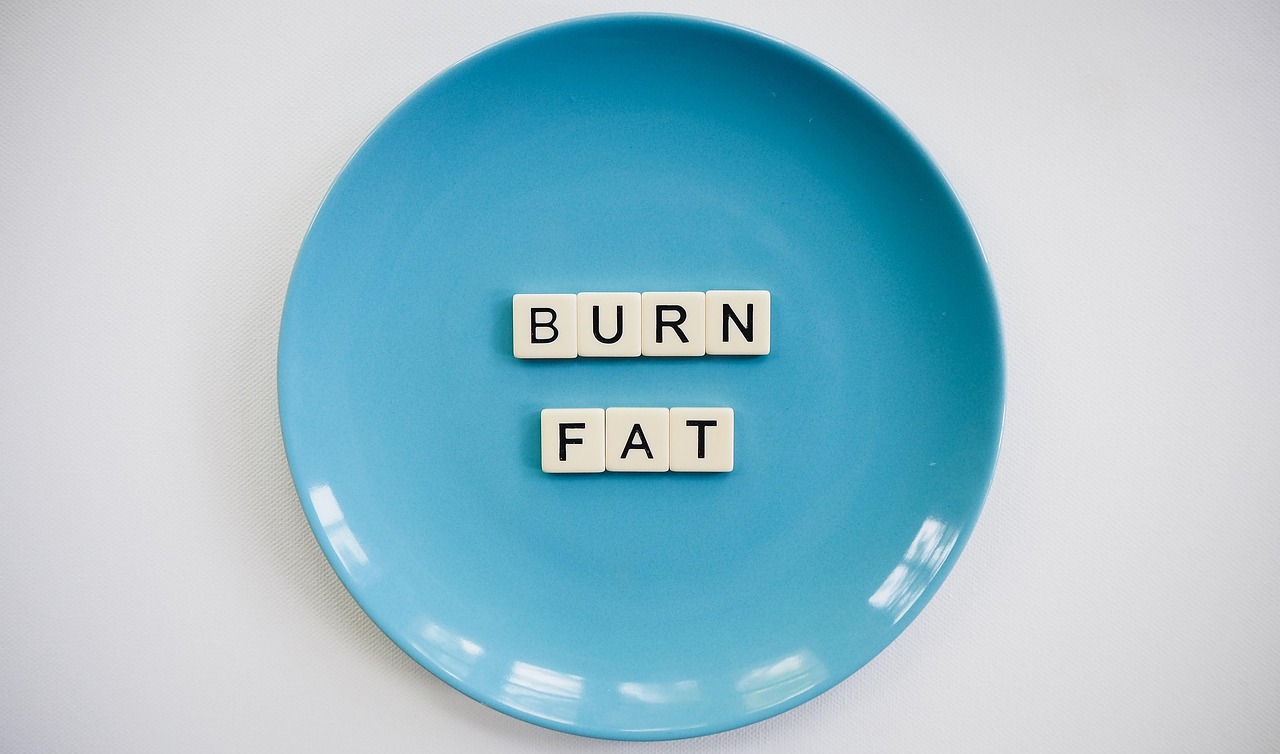How Cysteine Consumption Helps Burn AND Store Fat
If you’ve been following my work for a while, you know I’m passionate about helping people manage their weight, not through gimmicks or “one-size-fits-all” diets, but by digging into the underlying systems that control metabolism.
I never thought of myself as a weight-loss doctor, but I’ve come to accept that it’s a significant part of my job.
Which I’m not upset about at all.
I know that maintaining a healthy weight is one of the key ways to experience Health As It Ought To Be
So today I’ll be talking about a nutrient, essential for your health, that could also help with rapid weight loss!
How Cysteine Could Help Flip the “Fat Switch”
Weight loss isn’t easy.
Especially because so much of what gets people into a position where they’re overweight has to do with habits and behavior, not an illness.
At the same time, weight loss isn’t just about willpower or calories in versus calories out. Those things matter, of course, but they’re only part of the story.
Your body has built-in mechanisms that decide whether it stores calories as fat or burns them for fuel. If we can learn to influence those mechanisms, then weight management becomes less of an uphill battle.
This is part of the reason we created our Leptin Syn3rgy product, to give the body support at the hormone level.
A recent study of cysteine demonstrates the power of providing your body with the right tools to help correct adverse health conditions.
Cysteine is a sulfur-containing amino acid that plays a role in many cellular processes, especially redox balance (the way your body manages oxidative stress). But researchers discovered something new: cysteine may also act as a kind of switch in fat cells.
Here’s what they found:
-
When cysteine levels are high, fat cells tend to stay in their default “white” form, which means they store energy as fat.
-
When cysteine levels are low, those same cells can transform into brown fat cells, which actually burn energy to produce heat.
This shift from white to brown fat is powerful. Brown fat is metabolically active. It burns calories, increases energy expenditure, and may even help lower inflammation.
What the Research Shows about Cysteine and Fat Storage
The team at Pennington Biomedical, led by Dr. Eric Ravussin and Dr. Krisztian Stadler, published their findings under the title: “Cysteine depletion triggers adipose tissue thermogenesis and weight loss.”
Here are the highlights:
-
Human Trials: In the CALERIE study, healthy adults reduced their calorie intake by about 14% over two years. Tissue samples showed lower cysteine levels, along with improvements in weight, muscle health, and inflammation.
-
Animal Studies: When cysteine was deliberately removed from the diet, mice experienced dramatic weight loss, increased fat burning, and higher levels of brown fat activity. Interestingly, their body temperature dropped by about 40%—yet there was no tissue damage, suggesting protective pathways may kick in when cysteine runs low.
-
Metabolic Balance: Beyond weight loss, lowering cysteine supports healthier redox balance, which has implications not just for metabolism, but for long-term disease prevention.
As Dr. Ravussin put it, “Systemic cysteine depletion in mice causes weight loss with increased fat utilization and browning of adipocytes.”
Beyond Calorie Counting
This research underscores something I’ve been teaching for years: weight management isn’t just about cutting calories (although strategic fasting and calorie restriction can be helpful). It’s about understanding what those calories are doing once they enter your system.
Think of it this way: cutting back on food can certainly help you lose weight, but if your body is locked in “storage mode,” progress will always be slow and frustrating.
On the other hand, if your body is encouraged to stay in “burning mode,” you’re working with your biology, not against it.
Cysteine may be one of those hidden levers that determines which mode your body operates in.
Would I Recommend This For Patients?
Now, before you run out and start looking for “cysteine-blocking” supplements, let me be clear: this is early research.
We don’t yet have safe, practical ways to manipulate cysteine levels in humans outside of controlled trials.
But what we do know is encouraging:
-
Calorie restriction (even mild) naturally reduces cysteine levels and may spark some of these benefits.
-
Supporting mitochondrial health, oxidative balance, and nutrient pathways gives your body the tools it needs to regulate fat more effectively.
-
Future therapies may focus on cysteine as a target for obesity treatment.
As Dr. John Kirwan, Executive Director of Pennington Biomedical, summarized: “This discovery opens new therapeutic avenues for treating obesity and could eventually transform how we approach weight management interventions.”
And remember, weight management has never been as simple as “eat less, move more.” If it were, we wouldn’t be facing an obesity epidemic despite decades of dieting culture.
The cysteine research is another reminder that the biology of weight loss is nuanced.
Our fat cells are more dynamic than we once believed; they can shift, adapt, and even switch roles depending on the signals we send them.
As always, my goal is to help you understand these signals and work with your body, not against it. Because when you do, weight loss isn’t just possible, it becomes sustainable.



